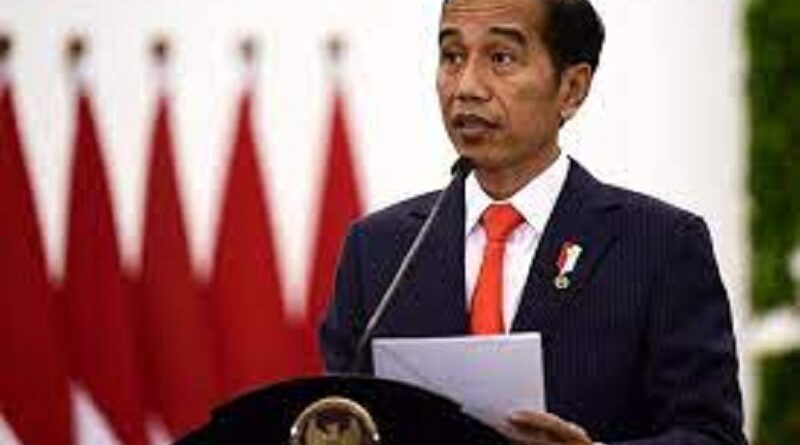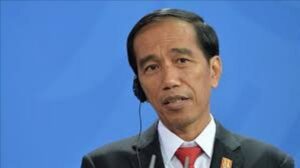Indonesia Ban Palm Oil Exports to Tackle Domestic Shortage
Indonesia Ban Palm Oil Exports to Tackle Domestic Shortage
The Indonesian Government will ban exports of palm oil starting next week. President Joko Widodo announced on Friday that Indonesia will be banning palm oil exports until further notice from April 28.
He said the government would halt the shipments of raw materials and cooking oil. This is to control the soaring prices domestically, as the world’s biggest producer faces a shortage of cooking oil made from the product.
Authorities now fear the scarcity and soaring prices could provoke social tensions and have moved to secure supplies.
“The government will prohibit the export of raw materials for cooking oil and cooking oil itself… until a deadline to be determined later,” President Joko Widodo said in a statement.
“I will continue to monitor and evaluate the implementation of this policy so that cooking oil in the country is abundant at affordable prices,” he added.
Officials introduced limited curbs on palm oil exports in January, capped prices, and announced cash subsidies for some Indonesians to compensate for rising food prices.
But the commodity continued to become harder to find at markets and grocery stores, with long queues appearing at many locations.
The office also arrested several high-ranking officials at three of Indonesia’s big palm oil companies, including Wilmar Nabati Indonesia, a subsidiary of Singapore-based giant Wilmar International.
Palm oil is the most widely used vegetable oil in Indonesia whereas crude palm oil is exported worldwide for a wide range of uses, from cosmetics to chocolate spread.
Vegetable oils are among a number of staple food items that have reached all-time high prices in recent weeks following Russia’s invasion of agricultural powerhouse Ukraine, according to the United Nations Food and Agriculture Organization.
Send your comments here, share and like our page, We will like to hear from you.





